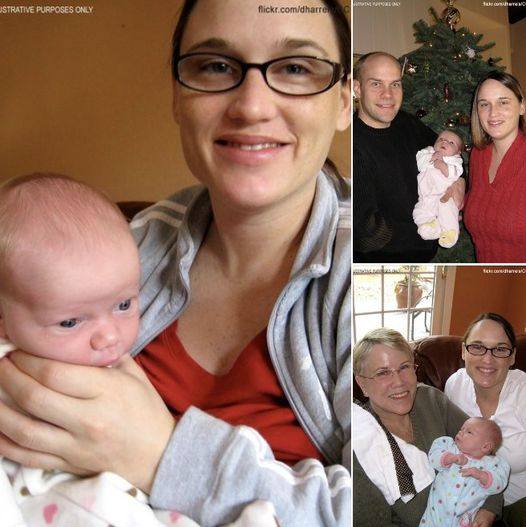The Sense of Smell and Death: What We Know
Our sense of smell may provide clues about approaching death, both in others and ourselves. Research suggests that the human body emits subtle chemical changes near the end of life, detectable by some with acute olfactory senses. Animals like dogs have shown the ability to sense such changes, raising the possibility that humans might too.
Smell Loss as a Health Warning Losing the sense of smell can signal health issues, including neurodegenerative disorders like Parkinson’s or Alzheimer’s and cardiovascular problems. Studies indicate that reduced olfactory function often precedes these conditions, offering an early warning. For older adults, diminished smell has been linked to higher mortality rates.
End-of-Life Signs and Care Recognizing end-of-life signs can help caregivers provide physical, emotional, and spiritual comfort. Symptoms may include reduced appetite, fatigue, withdrawal, confusion, and changes in vital signs. Care should focus on maintaining dignity, providing comfort, and fostering emotional and spiritual connections.
Supporting Caregivers and Grieving Caregiving requires patience, empathy, and self-care to prevent burnout. Seeking support from family, friends, or professionals is vital. Grieving is a personal journey, and embracing emotions without judgment helps in healing.
End-of-life care is about honoring life’s final chapter with compassion, leaving behind cherished memories of love and connection.



